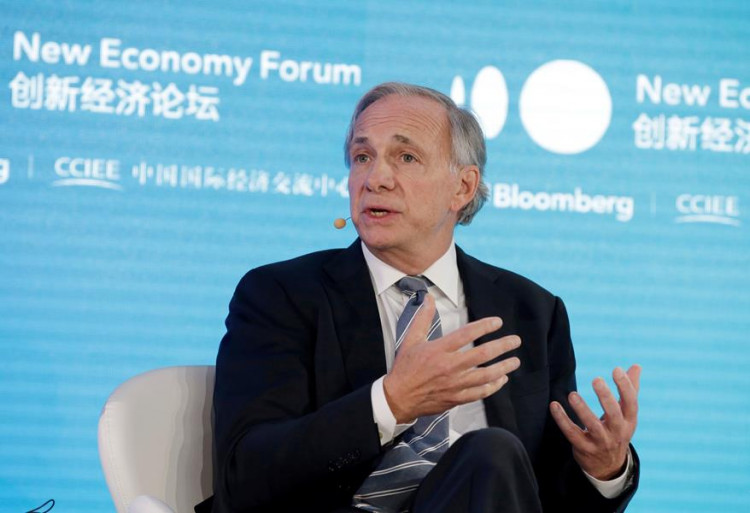Ray Dalio, the brains behind the biggest hedge fund in the world, is the latest tycoon to unveil a family office in Singapore.
The 71-year old American investor, who founded Bridgewater Associates in 1975 in his New York apartment, decided it was about time to capitalize on his connections with the country and the Asia-Pacific, his representative disclosed without providing details on the timing or staffing plans.
With an estimated net value of over $15 billion, Dalio is the latest billionaire to set up a family headquarters in Singapore. Vacuum cleaner billionaire James Dyson's Weybourne Group bolstered its hiring last year while Shu Ping, one of the tycoons behind Haidilao International Holding, launched Sunrise Capital Management in the country last year.
This week, Dyson disclosed a $3.6 billion investment plan for new technologies and products over the next five years in Britain, the Philippines, and Singapore.
Singapore has long drawn the attention of key investors from China and Southeast Asian nations by offering tax incentives and accelerating permanent residencies for wealthy people.
Last month, Dalio's philanthropic program released a $25 million grant to Singapore's Wealth Management Institute (WMI) to roll out a program that prioritizes sustainable investing.
Dalio, a self-described "pro-China" advocate, has seen China's steady economic ascent since he first set foot in 1984. Bridgewater opened up Bridgewater China Partners in 1994 and has offices in Shanghai and Beijing.
The Dalio Family Office has picked Janine Racanelli as its CEO, while it has Tom Waller as chief operating officer. The family recently hired Oliver Walters, the former director of risk business management for JPMorgan Chase's wealth-management arm. Last year, it hired Bruce Zimmerman, former chief executive at the University of Texas Investment Management as a chief investment officer.
Family offices manage the fortune of the super-wealthy and their relatives. The family office industry rose in terms of assets under management from around $4 trillion in 2017 to almost $6 trillion in 2019, market research agency Campden Research said.
The ones located in Asia have outperformed their global counterparts courtesy of their larger exposure to Chinese stocks and prominent tech groups, UBS Group AG noted.
The wealth they manage and the jobs they provide are a major reason why Singapore has been clever in attracting more investors to the city-state with tax incentives.
According to the Singapore government, the number of single-family offices in the country has grown to around 200 in recent years, overseeing around $20 billion in assets. The offices are also used to finance charitable programs.






